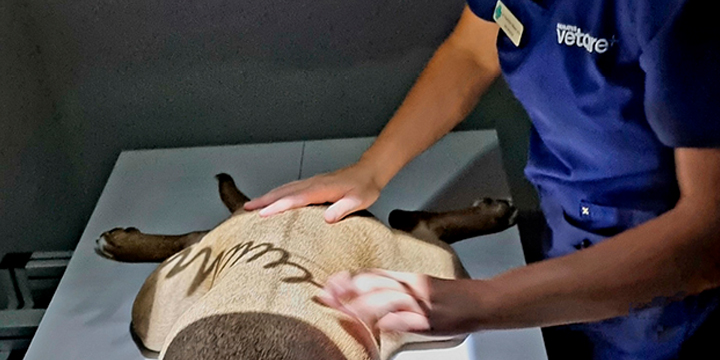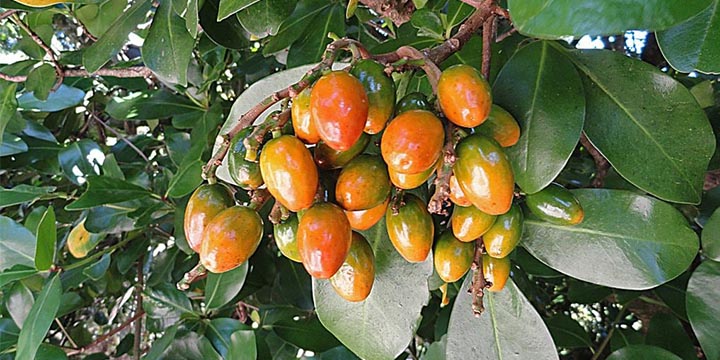
Day in the Life of your Vet
Veterinarians are GP’s, surgeons, radiologists, ultrasonographers, dentists, pharmacists and counsellors, sometimes all within the same day!

The Karaka tree is a large tree with leathery, dark green leaves, that can be found throughout New Zealand, predominantly in the North Island. These berries, although loved by our native Kereru, are highly toxic to dogs.
The Karaka berries are oval shaped, 2-4cm long and green before turning bright orange and falling from the tree. They are abundant from January to April, and if eaten are highly toxic. Even berries that have been on the ground for many months can be toxic. The kernel in the berry contains a toxin called Karakin that affects the nervous system of animals and humans, however most cases are seen in dogs as they are known to scavenge and eat anything.

How to minimise the risk of your dog eating Karaka berries:
Symptoms
Signs of poisoning may be delayed by 24-48 hours. Even if your pet is not showing any signs yet, if you think your dog has eaten a Karaka berry, take them to see your nearest vet immediately.
Signs of poisoning can include:
Treatment
If the berry has been eaten within the past two hours, the vet will make the animal vomit to try and reduce toxicity. If it has been longer than two hours, your pet would be admitted into the hospital and given supportive treatment. Unfortunately, there is no specific antidote for the toxin. In some cases, despite the best treatment, some animals do not recover.
Prevention is your best option when it comes to Karaka berries. If you suspect your dog has ingested Karaka berries, contact a vet immediately.
We also recommend
https://www.animates.co.nz/articles/toxic-foods-for-cats-and-dogs
https://www.animates.co.nz/articles/pet-household-hazards
https://www.animates.co.nz/articles/outdoor-hazards-for-pets

Veterinarians are GP’s, surgeons, radiologists, ultrasonographers, dentists, pharmacists and counsellors, sometimes all within the same day!